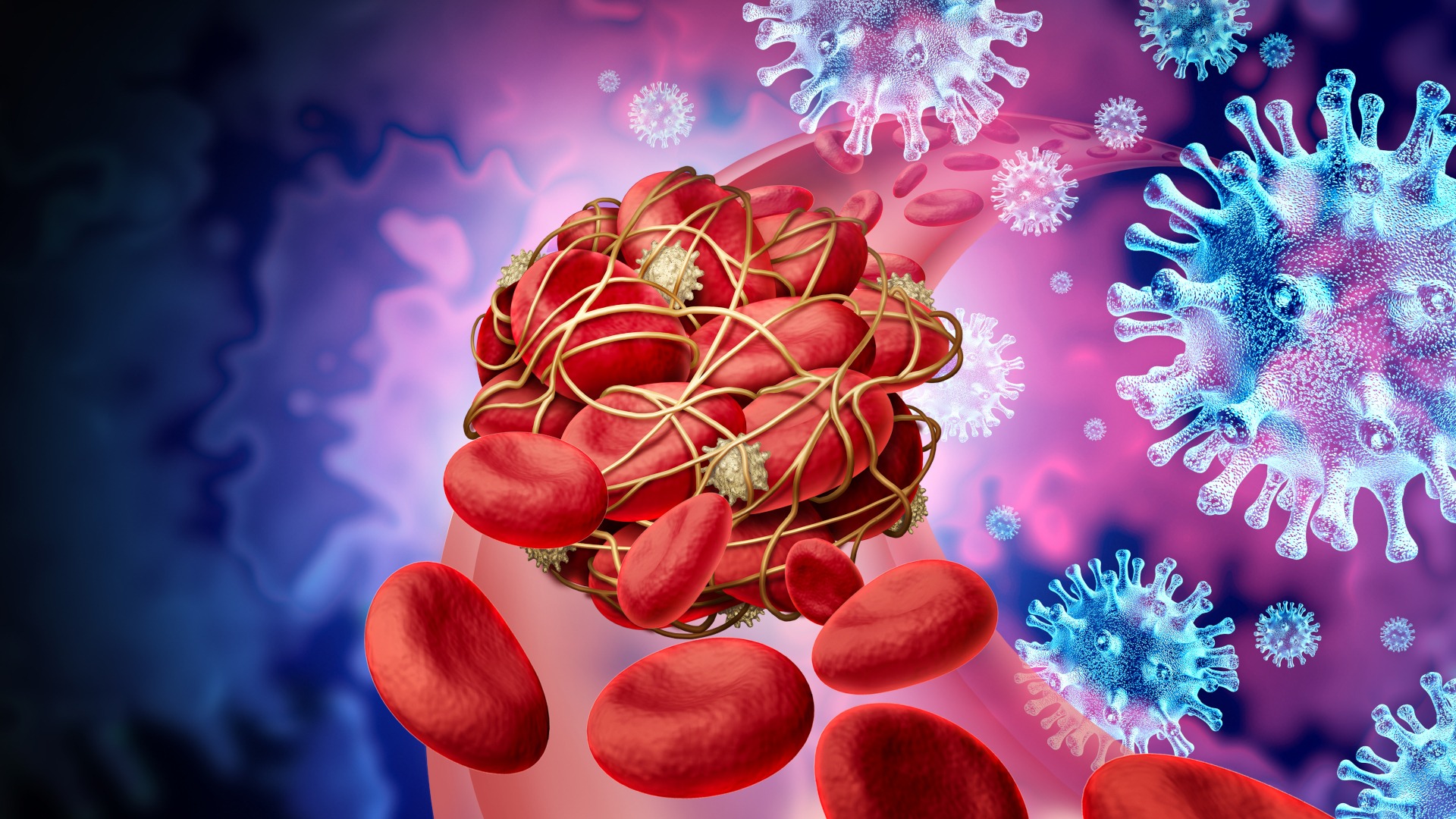Increased risk of blood clots in covid patients with specific gene variant
Researchers at Uppsala University and Karolinska Institutet have discovered a gene variant in the innate immune system which affects the risk of blood clots in the lungs of severely ill COVID-19 patients. Genotyping and computational infrastructure was supplied by the SciLifeLab National Genomics Infrastructure (NGI).
The study is published in Nature Immunology and was funded by the SciLifeLab/Knut and Alice Wallenberg national COVID-19 research program, among others.
“With this study, we have come closer to an explanation of why COVID-19 patients have a greatly increased risk of blood clots”, says last author Oskar Eriksson (Uppsala University) in a press release (in Swedish) from Uppsala University.
Despite treatment with blood-thinning drugs, it quickly became clear that patients with COVID-19 had a greatly increased risk of developing blood clots. And even today, the cause is yet to be determined why COVID-19 leads to such a strong activation of the blood coagulation system in some patients.
However, in a recent study, researchers discovered that the protein mannose-binding lectin is capable of recognizing the SARS-CoV-2 virus and can neutralize virus-infected cells. Mannose-binding lectin is part of the innate immune system and has the task of detecting and eliminating virus-infected cells or bacteria.
Intrigued by this, the KI & Uppsala researchers took a closer look at a gene variant that regulates the blood-protein levels of mannose-binding lectin. They discovered that the variant had a protective effect against blood clots in the lungs.
“Now we can show how mannose-binding lectin affects the disease picture in COVID-19. It is striking that it is specifically the risk of blood clots that is affected, and we could not see that mannose-binding lectin affects the risk of developing COVID-19. We can show that the immune system is important for blood clot formation in COVID-19 patients, something that has long been suspected and which may explain why such high doses of blood-thinning drugs were needed”, says shared last author Oskar Eriksson (Uppsala University).
“Several genetic variants that affect the risk of becoming seriously ill in COVID-19 have been identified in different large studies presented in the past year. Our work shows that there is also a genetic background to the complications that COVID-19 patients suffer from”, says shared last author Hugo Zeberg, (Karolinska Institutet).





